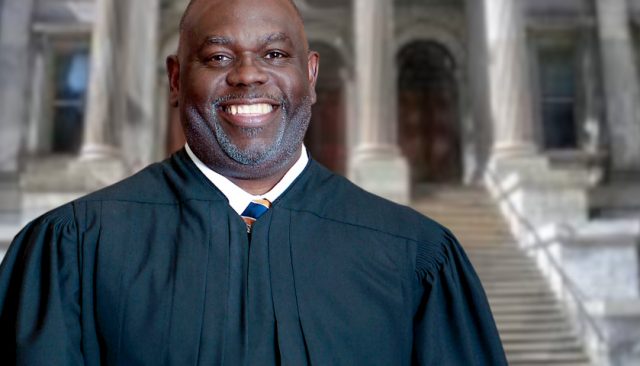
Mississippi is one of the many states fighting off abortion with tough restrictions hoping that the U.S. Supreme Court will give a hand with new conservative justices and reevaluations that could possibly overturn its 1973 Roe v. Wade decision that legalized abortion nationwide.
US Federal judge Carlton Reeves blocked a Mississippi law that proposed to ban most abortions once a fetal heartbeat can be detected noting that the new law puts a cutoff point for abortion at about six weeks, when many women may not yet know they’re pregnant.
After Reeves struck down the state’s 15-week ban last, another bill began to find its way through the Mississippi Legislature. The legislation, also known as a “heartbeat bill,” prohibits abortions after an ultrasound can detect electric activity from what will become a fetus’s heart, a milestone that could come just six weeks into a pregnancy. The bill was signed by Gov. Phil Bryant (R) in March.
The judge had ruled that Mississippi’s 15-week ban on abortion was unconstitutional because it would prohibit access to abortion before a fetus could survive outside the pregnant woman’s body as viability is considered to be about 23 or 24 weeks.
“Doesn’t it boil down to Six is less than 15? said Reeves during proceedings adding that the new law “smacks of defiance to this court.”
Commenting on Alabama Senate’s passing of the controversial bill that makes procuring an abortion a felony offense without exemptions for cases of rape or incest he said: “So a child who is raped at 10 or 11 years old, that child does not open their mouth, doesn’t tell their parents, the rapist may be in their home, nobody discovers until it’s too late — that is a fetal heartbeat has been detected — that child must bring the fetus to term under this statute, if the fetal heartbeat can be detected.”
Mississippi’s only abortion facility, the Jackson Women’s Health Organization, also known as the Pink House has been fighting battles with the state to remain open. The Center for Reproductive Rights, which filed the lawsuit against the state on behalf of the Jackson Women’s Health Organization, voiced their enthusiasm over Reeves’ decision. The law was to become functional on July 1.
🚨🚨BREAKING: A federal judge just struck down Mississippi’s 6 week abortion ban!!
Once again the rule of law has prevailed over political ploys to control personal health decisions. We’ll fight tooth and nail to make sure all of these bans meet the same fate.
— Center for Reproductive Rights (@ReproRights) May 24, 2019
